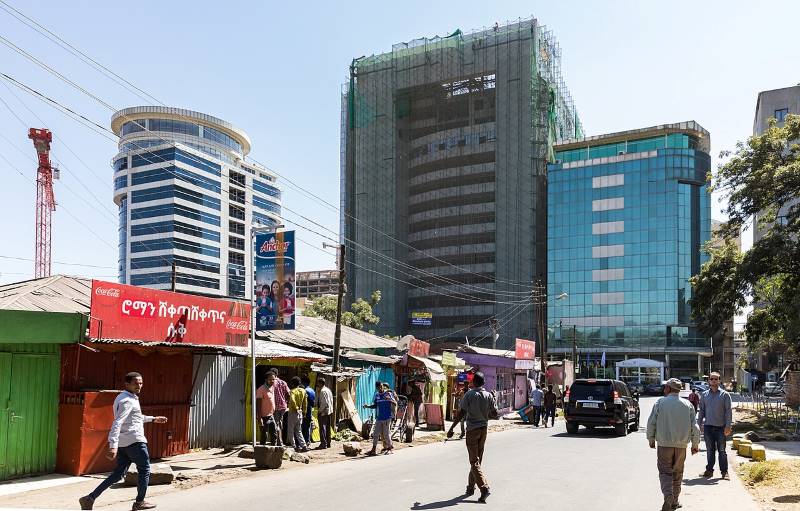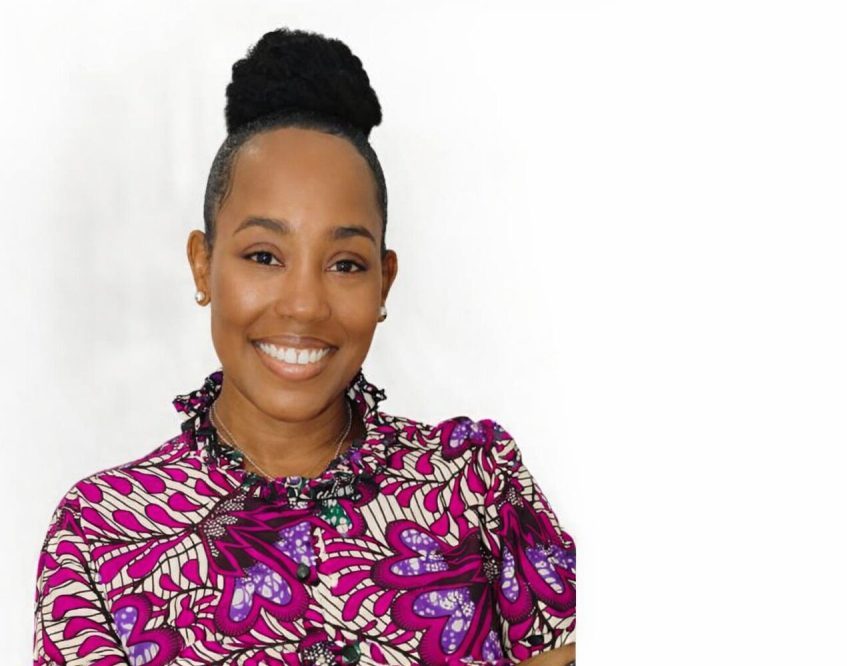Image Source: Jesus Castellon via freeflo.ai
As we move towards the age of artificial intelligence (AI), the nature of our workforce is rapidly changing. With automation and machine learning becoming more widespread, some people worry about the future of work, especially for marginalized communities such as Black and African populations. However, we shouldn’t overlook the potential opportunities and possibilities for empowerment that this technological shift may bring.
Understanding the Impact of AI on Work:
It’s important to comprehend the overall impact of AI on the workforce before exploring specific job opportunities. AI and automation are altering industries by automating mundane tasks and enhancing human abilities across various sectors. While this technological revolution poses challenges such as job displacement and skill gaps, it also presents new possibilities and career paths.
The Role of Education and Skill Development:
Education and skill development play pivotal roles in navigating the future of work, especially for Black and African communities. Investing in education, particularly in STEM (Science, Technology, Engineering, and Mathematics), equips individuals with the tools to thrive in an AI-driven economy. Furthermore, fostering digital literacy and offering training programs tailored to emerging technologies are essential steps in preparing the workforce for the jobs of tomorrow.

Image: Jesus Castellon via freeflo.ai
Jobs and Opportunities in the AI Era:
Despite concerns about job displacement, the rise of AI also brings forth many opportunities for Black and African communities. Let’s explore some of these potential roles:
- AI Ethics and Bias Mitigation Specialists: As AI systems become increasingly integrated into various aspects of society, the need for individuals who can address ethical concerns and mitigate biases in algorithms grows. Black and African communities can be crucial in ensuring AI technologies are developed and deployed responsibly, advocating for fairness and equity.
- Data Analysts and Scientists: In an AI-driven world, data is king. Data analysts and scientists are instrumental in collecting, analyzing, and interpreting vast amounts of data to derive actionable insights. By harnessing the power of data analytics, individuals from Black and African communities can contribute to decision-making processes across industries, from healthcare to finance.
- AI and Machine Learning Engineers: Building and implementing AI systems requires specialized machine learning and programming expertise. By pursuing careers as AI and machine learning engineers, individuals can lead the development of innovative AI solutions tailored to address specific challenges their communities face.
- Digital Content Creators: With the proliferation of digital media platforms, there is a growing demand for diverse voices and perspectives in content creation. Black and African creators can leverage their unique experiences and cultural insights to produce engaging content across various mediums, from social media to streaming platforms.
- Entrepreneurship in Tech: The tech industry offers abundant opportunities for entrepreneurship and innovation. By founding tech startups or leveraging digital platforms to launch online businesses, individuals from Black and African communities can carve out their paths in the digital economy, driving economic growth and creating jobs.
Challenges and Considerations:
While the future of work holds promise for Black and African communities in the age of AI, some challenges must be addressed. Structural barriers such as systemic racism, lack of access to education and resources, and unequal opportunities continue to hinder the advancement of marginalized groups in the workforce. Addressing these challenges requires a concerted effort from policymakers, businesses, and communities to dismantle barriers and foster inclusive environments where everyone can thrive.
Conclusion:
As we stand on the precipice of a new era defined by AI and automation, the future of work for Black and African communities holds both promise and challenges. By investing in education, fostering digital literacy, and creating pathways to opportunity, we can empower individuals to thrive in the evolving workforce. Moreover, by championing diversity, equity, and inclusion, we can ensure that all share the benefits of technological advancement. Together, let us embrace the future with optimism and determination, harnessing the power of AI to create a more inclusive and equitable world for generations to come.

Anand Subramanian is a freelance photographer and content writer based out of Tamil Nadu, India. Having a background in Engineering always made him curious about life on the other side of the spectrum. He leapt forward towards the Photography life and never looked back. Specializing in Documentary and Portrait photography gave him an up-close and personal view into the complexities of human beings and those experiences helped him branch out from visual to words. Today he is mentoring passionate photographers and writing about the different dimensions of the art world.





